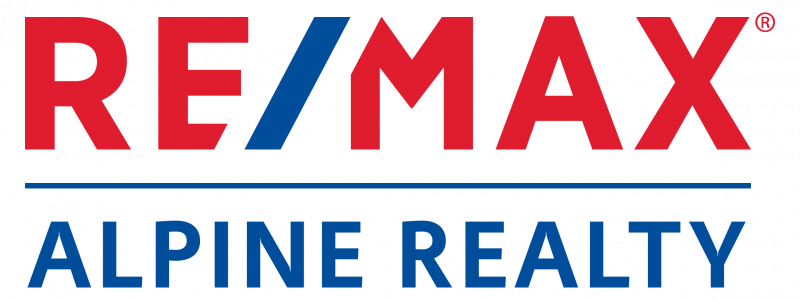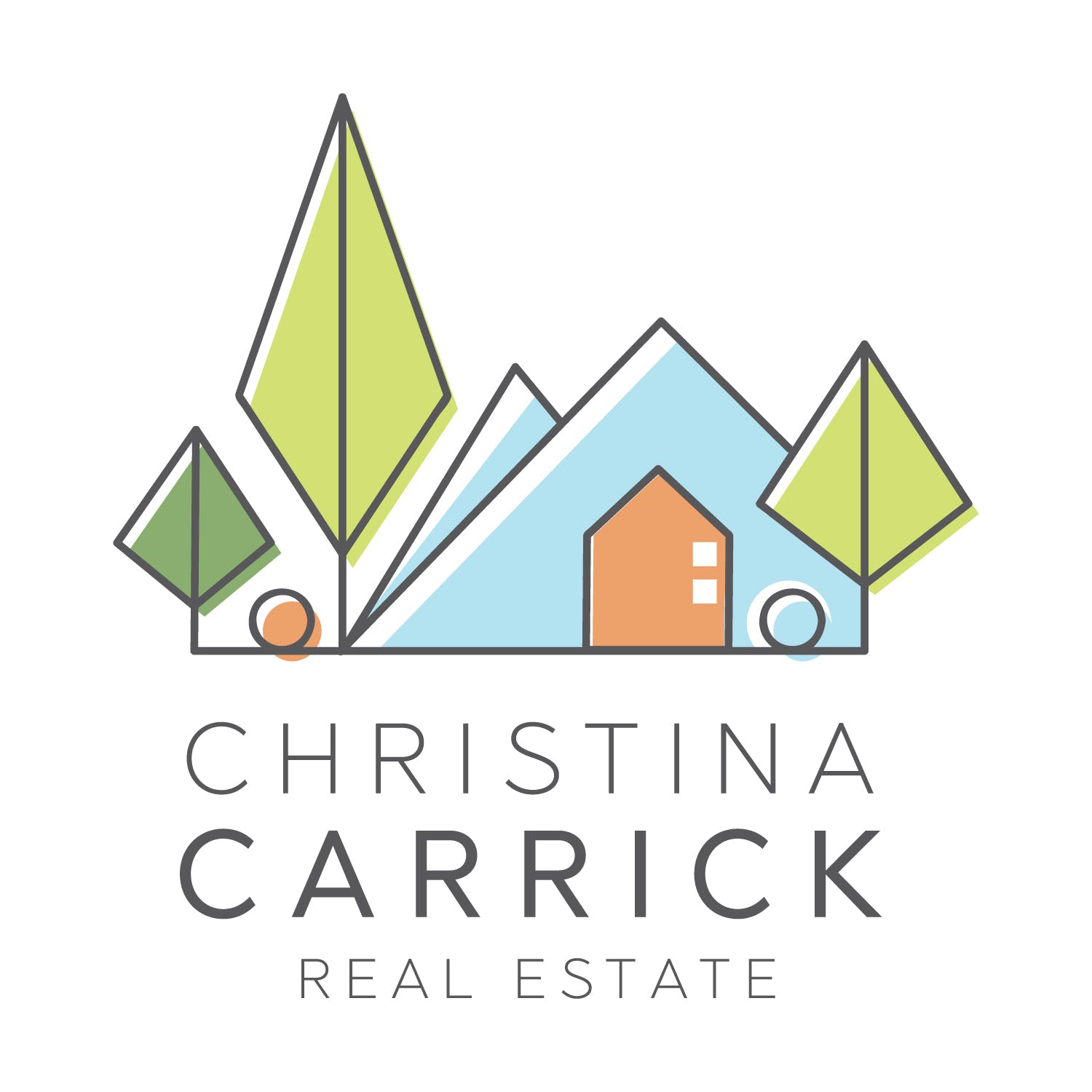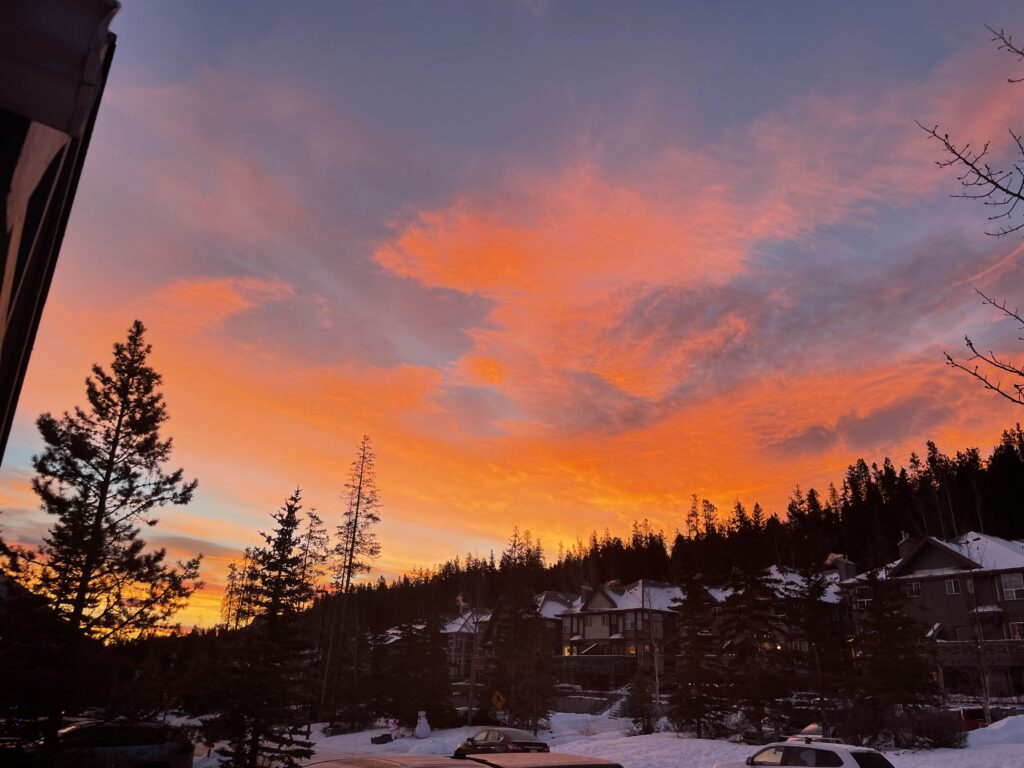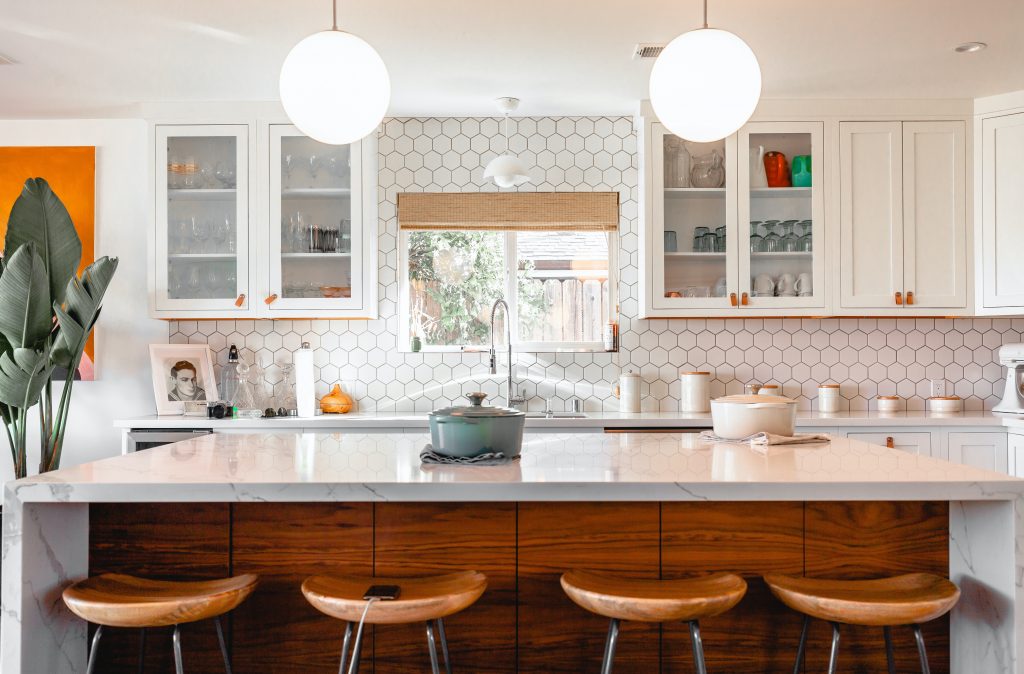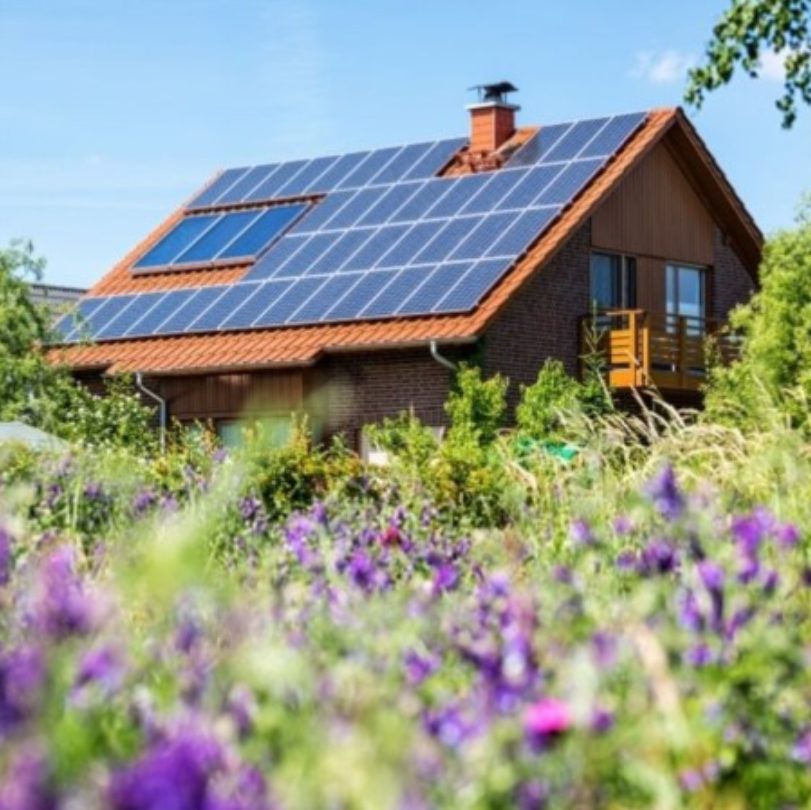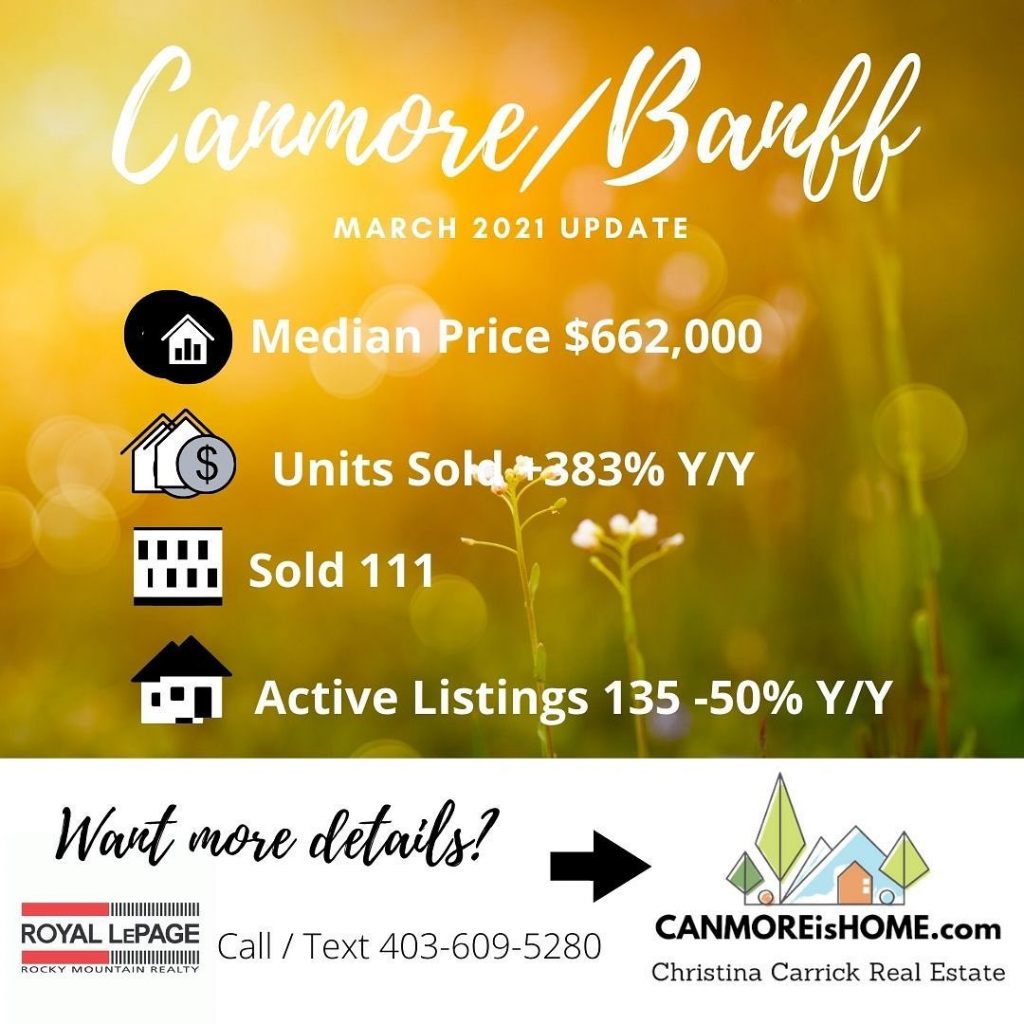Understanding zoning is crucial in the local real estate market, so here is a quick summary to help you get a handle on the different zoning bylaws in Canmore. It’s important to familiarize yourself with these zoning categories when you start looking for a property.
Please be aware that these descriptions serve as guidelines and may vary within each category. For the current Town definitions of each zoning, please click here.
Residential zoning
Residential zoning is the most common type, allowing year-round living with no usage restrictions. Homeowners can also choose to rent out their properties on a long-term basis. Municipal taxes for residential properties are based on a mill rate of 4.37305 in 2023.
To calculate property taxes based on a mill rate, follow these steps: multiply the assessed property value by the mill rate, and then divide the result by 1,000. As an example , for a property with an assessed value of $500,000 and a mill rate of 4.37305, the calculation would be: ($500,000 x 4.37305) / 1,000 = $2,186.52 in municipal taxes.
Pros:
- No restrictions on personal use
- Allows for full-time living, part-time living, and long-term rentals
- Applicable to all housing styles (detached, condos, duplexes, townhomes)
Cons:
- Short-term rentals (30 days or less) are not permitted
Visitor Accommodation
Visitor Accommodation zoning permits year-round personal use for up to 30 days at a time. Owners have the option to leave their units vacant or place them in a professionally managed rental pool, self-manage and rent out on platforms like Airbnb, or use a third party property manager. This can help offset ownership costs and generate income. Municipal taxes for tourist properties under this zoning are based on a mill rate of 10.25758 in 2023.
Pros:
- Perfect for short-term rentals (nightly/weekly) or part-time living (less than 30 days at a time)
- No problem leaving it vacant when not in use
- Enjoy professional front desk management, just like a hotel
- Choose between rental pool or self-management options
- Generate income – learn more about STR properties here in my previous post
Cons:
- Limited availability of standard mortgage financing (typically you need more than 30% down)
- Maximum stays restricted to 30 days
Tourist zoning
Tourist zoning offers the greatest flexibility within Canmore real estate. These properties allow full-time living as well as long- and short-term rentals, either self-managed or through a professional company. While taxed at a higher rate than residential properties, owners can apply for the residential tax rate if the property is declared as their primary residence. Municipal taxes for tourist properties are also based on a mill rate of 10.25758 in 2023.
Pros:
- Highly flexible zoning options
- Suitable for full-time living, part-time living, long-term rentals (over 30 days), and short-term rentals (nightly/weekly)
Cons:
- There are conversations happening about grandfathering this style of zoning. Please reach out for more details. You can also read my summary of changes to Canmore here.
Conclusion
It’s important to note that these descriptions serve as guidelines and may vary within each category. For more detailed information on zoning definitions, refer to the current Town definitions.
I would also encourage you to look at Canmore’s Zoning Map which allows you to drill down further to see sub-categories like R2 (duplex), R4 (four-ples), etc. Click here
Got questions about a property’s zoning or need help with your search? Don’t hesitate to reach out! I’m here to assist you every step of the way.


